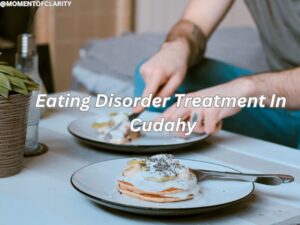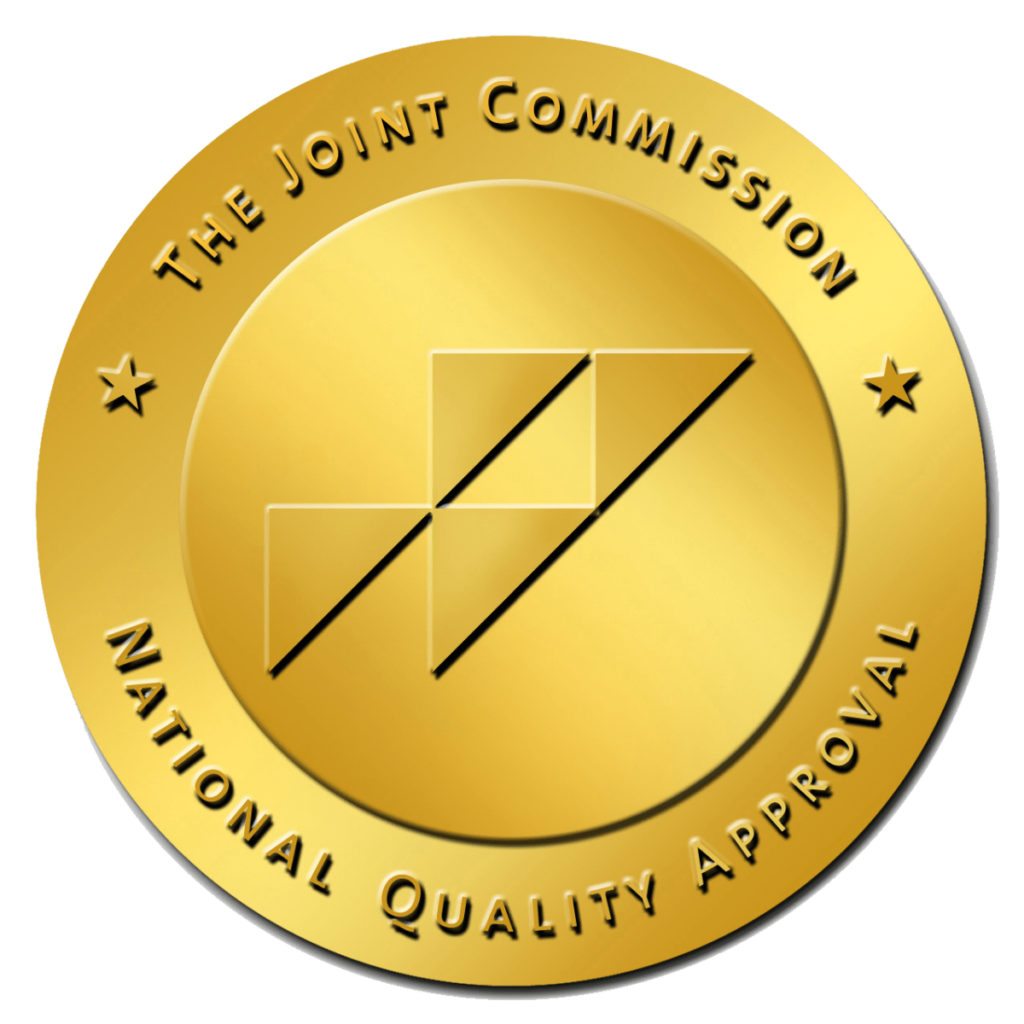
The Prevalence of Eating Disorders
Eating disorders are complex mental health conditions that affect millions of individuals worldwide. These disorders can have severe physical, emotional, and psychological consequences, making it crucial to seek professional help for treatment. In Cudahy, California, individuals struggling with eating disorders can find a range of resources and support to aid them on their journey to recovery.
Eating Disorder Treatment Helpline
Understanding Eating Disorders
Eating disorders, such as anorexia nervosa, bulimia nervosa, and binge eating disorder, are characterized by unhealthy eating habits and distorted body image. These disorders often stem from a combination of genetic, environmental, and psychological factors. It is essential to recognize the signs and symptoms of eating disorders to ensure early intervention and effective treatment.
Common Signs and Symptoms of Eating Disorders
- Extreme weight loss or gain
- Obsession with food, calories, and body weight
- Restrictive eating patterns or excessive food consumption
- Purging behaviors, such as self-induced vomiting or laxative abuse
- Feelings of guilt, shame, or anxiety related to eating
- Withdrawal from social activities and relationships
- Distorted body image and low self-esteem
Eating Disorder Treatment Options in Cudahy
Cudahy, California offers a range of specialized treatment options for individuals seeking help for eating disorders. These treatment options include:
1. Therapy and Counseling
Therapy and counseling play a crucial role in eating disorder recovery. Mental health professionals in Cudahy provide evidence-based therapies, such as Cognitive-Behavioral Therapy (CBT) and dialectical behavior therapy (DBT), to address the underlying causes and triggers of disordered eating behaviors. These therapies also focus on developing healthy coping mechanisms and improving self-esteem.
2. Nutritional Counseling
A key component of eating disorder treatment is nutritional counseling. Registered dietitians in Cudahy work closely with individuals to develop personalized meal plans that promote healthy eating habits and restore proper nutrition. Nutritional counseling also helps individuals develop a positive relationship with food and learn to listen to their body’s hunger and fullness cues.
3. Support Groups
Support groups provide a safe and supportive environment for individuals in recovery to share their experiences, challenges, and successes. In Cudahy, various support groups cater specifically to individuals with eating disorders, offering a sense of community and understanding. These groups often include facilitated discussions, educational workshops, and opportunities for peer support.
4. Medical Monitoring
For individuals with severe eating disorders, medical monitoring is essential to ensure their safety and well-being. Cudahy has medical professionals who specialize in treating eating disorders and can closely monitor physical health, provide necessary interventions, and collaborate with other treatment providers to create a comprehensive care plan.
Embracing a Self-Care Journey
Recovery from an eating disorder is a unique and personal journey. It requires individuals to prioritize their mental, emotional, and physical well-being. Alongside professional treatment, practicing self-care can significantly contribute to the recovery process. Here are some self-care practices to consider:
1. Establishing Healthy Boundaries
Setting boundaries with oneself and others is crucial for maintaining a healthy lifestyle. It involves recognizing and communicating personal limits, needs, and values. Establishing boundaries helps individuals protect their mental and emotional well-being and fosters healthier relationships.
2. Engaging in Relaxation Techniques
Relaxation techniques, such as deep breathing exercises, meditation, and yoga, can help reduce stress and promote overall well-being. These practices allow individuals to connect with their bodies, calm their minds, and cultivate a sense of inner peace.
3. Nurturing Hobbies and Interests
Engaging in activities that bring joy and fulfillment is an essential part of self-care. Whether it’s painting, dancing, reading, or gardening, dedicating time to hobbies and interests can provide a sense of purpose and allow individuals to explore their passions outside of their eating disorder.
4. Prioritizing Rest and Sleep
Getting adequate rest and sleep is crucial for physical and mental well-being. Establishing a consistent sleep routine and creating a comfortable sleep environment can contribute to improved mood, concentration, and overall health.
5. Seeking Social Support
Building a strong support system is vital for individuals in eating disorder recovery. Surrounding oneself with understanding and supportive friends, family, and professionals can provide a sense of belonging, encouragement, and accountability.
Eating Disorder Treatment Near Me
Eating disorder treatment in Cudahy, California, offers hope and support for individuals struggling with these complex mental health conditions. Through therapy, counseling, nutritional guidance, and self-care practices, individuals can embark on a journey to recovery and regain control of their lives. Remember, seeking help is a sign of strength, and with the right support, healing is possible.




